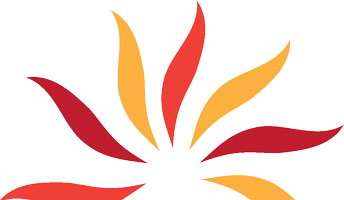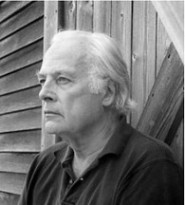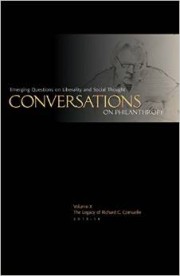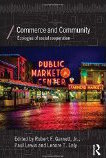
Philanthropy and Private Governance
Students of American philanthropy frequently look to the famous observation of Alexis de Tocqueville that the success of democracy depends upon developing a new science of association. “Americans of all ages, all conditions, all minds constantly unite,” Tocqueville observed.
Not only do they have commercial and industrial associations in which all take part, but they also have a thousand other kinds: religious, moral, grave, futile, very general and very particular, immense and very small; Americans use associations to give fêtes, to found seminaries, to build inns, to raise churches, to distribute books, to send missionaries to the antipodes; in this manner they create hospitals, prisons, schools. Finally, if it is a question of bringing to light a truth or developing a sentiment with the support of a great example, they associate. Everywhere that, at the head of a new undertaking, you see the government in France and a great lord in England, count on it that you will perceive an association in the United States.
Our February 2016 Spark Forum on Philanthropy & Private Governance explored the role of such associational life by examining the concept of private (or voluntary) governance and the various mechanisms, largely outside of formal government, that people use to coordinate their plans and co-produce social and economic order.
During the Progressive era it was widely believed that the increasing complexity of modern, industrialized society could only be managed (and directed) by centralized administration. Such administration would be required in government, in industrial organization, and indeed, in shifting charitable efforts to the welfare state. And yet, history affords us many examples—from stock markets to private policing to mutual insurance—of how people have developed voluntary institutions that could coordinate quite complex human associations and exchanges as well as promote liberality and beneficence.
Today, the shortcomings of governmental bureaucracy and centralized planning are growing increasingly apparent. Information technology is enabling people to connect and coordinate and largely “route around” sclerotic bureaucracies and entrenched firms. New services such as Uber, PayPal, Kickstarter, and a host of online giving platforms are helping people better pursue their goals. Will we embrace—or will we reject in the name of tired ideas of public administration—this emerging new era of voluntary governance? How does this matter for the social, economic, and political institutions that facilitate human cooperation? How does it matter for philanthropy?
Our program featured a special presentation by Dr. Edward Stringham, Davis Professor of Economic Organizations and Innovation at Trinity College in Hartford Connecticut. Dr. Stringham is past president of the Association of Private Enterprise Education, editor of the Journal of Private Enterprise, and a prolific writer and speaker. His most recent book is Private Governance: Creating Order in Economic and Social Life, published by Oxford University Press (2015).
The Spark Forum provides an opportunity for conversation about how our various systems of social cooperation contribute to the wealth and health of our nation and others.
Philanthropy and Private Governance
February 7-8, 2016
Manhattan, New York
SCHEDULE
Sunday, February 7
Fraunces Tavern, 54 Pearl St., New York, NY 10004
6:00 p.m. Hospitality
6:45 p.m. Welcoming Remarks and Dinner
8:00 p.m. Opening Discussion: Introduction to Private Governance
Dr. Edward Stringham, Davis Professor of Economic Innovation, Trinity College
Monday, February 8
The Down Town Association, 60 Pine Street, New York, NY 10005
8:00 a.m. Continental breakfast available
9:00 a.m. Session II: Co-producing Social Order: Clubs, Exchanges, & Associations
10:15 a.m. Coffee Break
10:45 a.m. Session III: Welfare State or Voluntary Welfare?
12:00 p.m. Lunch
1:00 p.m. Session IV: The Best Fields for Philanthropy?
2:30 p.m. Tour of the New York Stock Exchange
4:00 p.m. NYSE Closing Bell
6:00 p.m. Hospitality
6:45 p.m. Dinner
8:00 p.m. Closing Discussion




